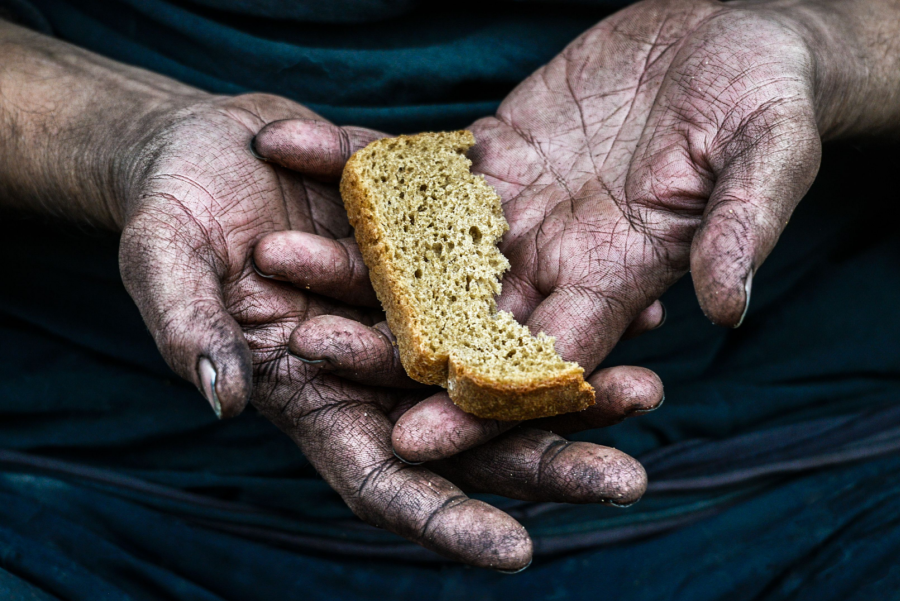Egypt and Tunisia are experiencing “scarcity” in every aspect, according to published reports. The debt-ridden nations are struggling to save money and are engaging in negotiations with the International Monetary Fund (IMF) to secure loans.
According to the report, there was nothing available for consumers to buy in stores, making the presence of signs limiting customers to one bag of flour or two liters of milk appear unnecessary.
Tunisian stores have been emptied in recent weeks, and sugar, cooking oil, butter, and coffee are in short supply, particularly outside the capital. Some stores have set a limit on the number of water bottles that a customer can buy.
Cairo shoppers have been dealing with the same problem all summer, as stocks of everything from clothing to furniture have been steadily declining. A shortage of consumables has been an unwelcome reality for consumers worldwide since 2020.
Empty shelves in the Middle East may not have been linked to supply chain disruptions, but they do represent the inability of heavily indebted governments and empty cash coffers to purchase essential items. The majority of the items that are frequently missing are those with significant government support.Coffee and cooking oil are critical in a country where 19 percent of the population lives on less than $5.50 per day, according to World Bank data.
Egypt’s problems are unique. Prices have risen since the start of the year, and the rate of food inflation has risen to 13 percent, the report notes. Coffee and edible oil can be found in small grocery stores. The shortage impacted shops that sell imported goods to affluent customers. Since January, the foreign reserve has shrunk from $41 billion to #33 billion (enough to cover imports for four and a half months), and the government announced hard currency support for the Treasury.
In April, hundreds of companies were barred from importing food. The government’s explanation that companies failed to complete the required paperwork was unconvincing, said the analysis. In practice, the decision was an attempt to impose self-sufficiency and reduce non-essential material imports. The central bank put itself under import restrictions. These measures contributed to a decrease in Egypt’s import bill, which is estimated to be $7 billion in foreign goods in June, down from $8 billion in June 2021. However, the embargo caused problems for many businesses, particularly those that did not find a local alternative.
Moreover, Egypt’s monetary planners face a number of tough options in their desire to forestall further deterioration in the value of the Egyptian pound and rein in the rise in the exchange rate of the US dollar, the main import currency in the country.








